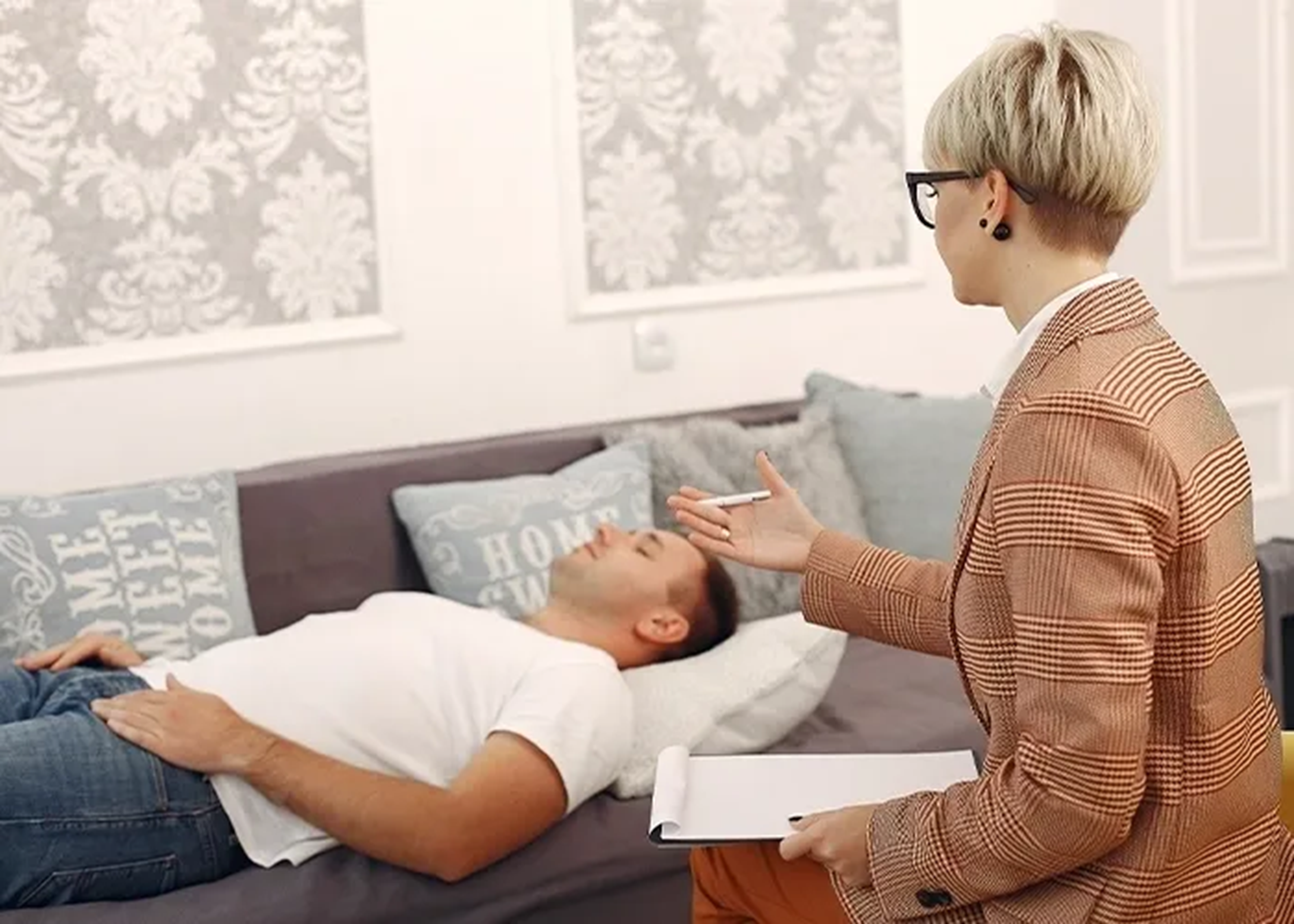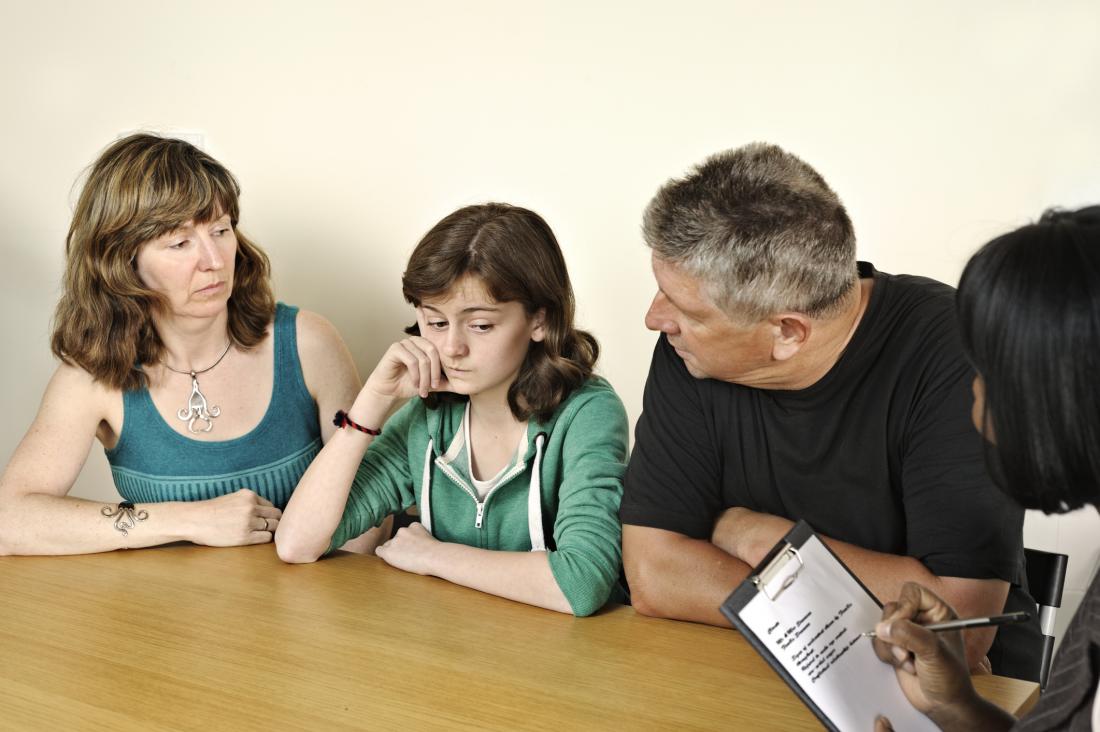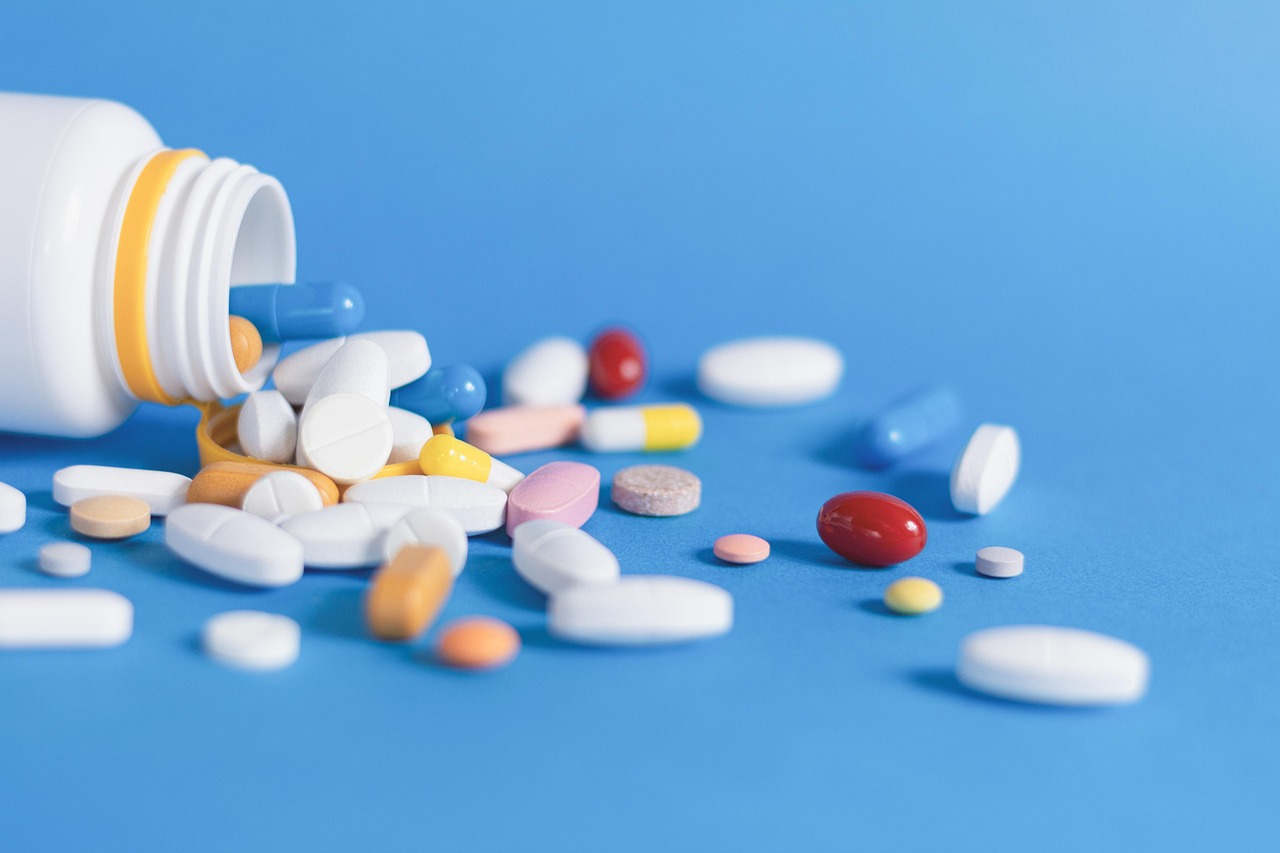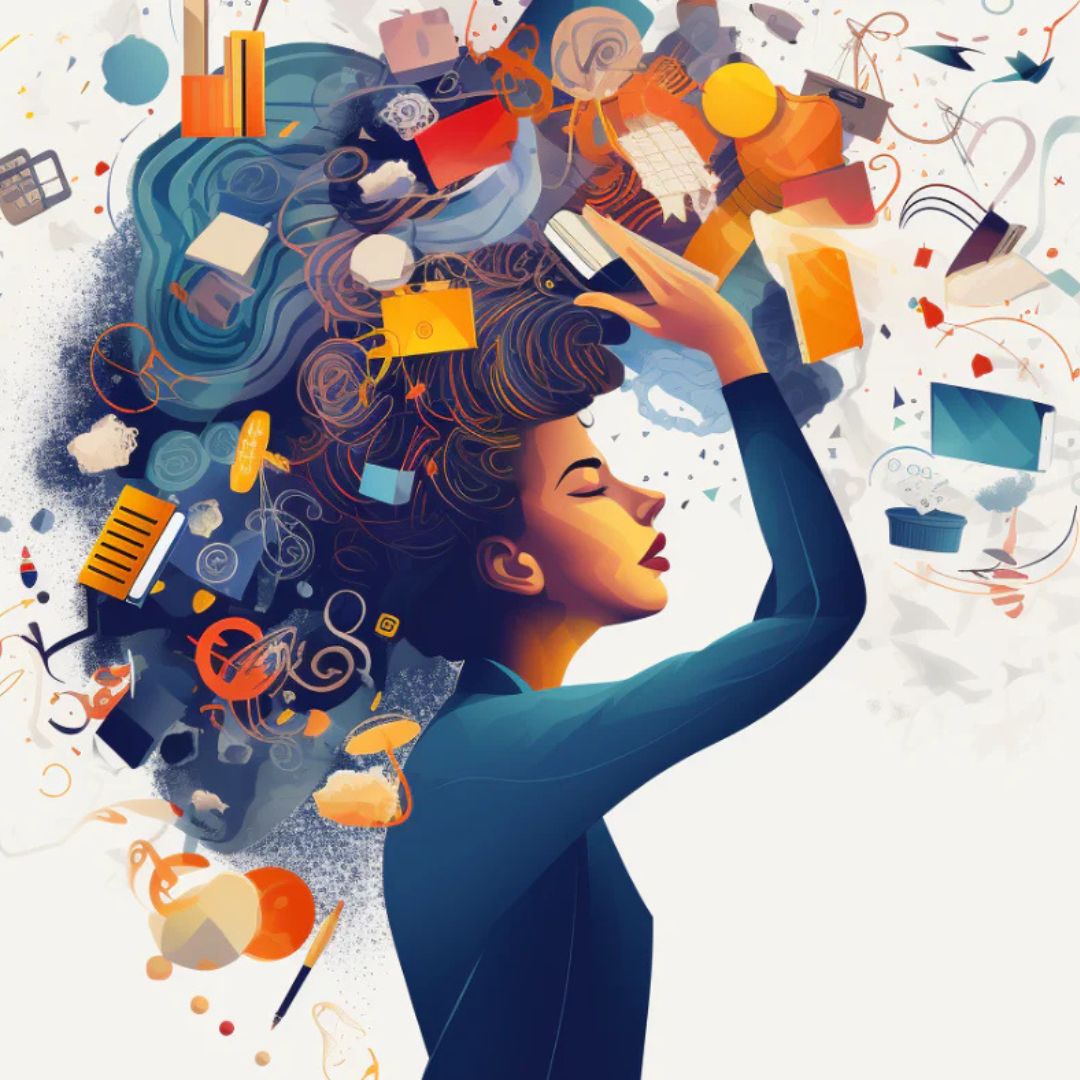Women with ADHD: A Lifetime of Being Overlooked

Strong 8k brings an ultra-HD IPTV experience to your living room and your pocket.
Introduction
✍️ Looking for advice on parenting a child with ADHD? Our ADHD resource includes behavior strategies, parent training methods, and support tips for families.
Attention-Deficit/Hyperactivity Disorder (ADHD) has long been perceived as a condition affecting hyperactive young boys, often leaving women and girls misdiagnosed, undiagnosed, or misunderstood. This gender gap in recognition and treatment has led to generations of women silently struggling with the challenges of ADHD, frequently being labeled as disorganized, forgetful, overly emotional, or underachieving. In recent years, however, awareness is growing, and more women are stepping forward to seek proper diagnosis and support. In this post, we explore the unique ways ADHD presents in women, the consequences of being overlooked, and how modern tools, including access to the best ADHD medication online, are transforming lives.
Why ADHD in Women Often Goes Undetected
ADHD symptoms in women are often internalized, making them less noticeable to educators, healthcare providers, and even families. While boys with ADHD may exhibit external behaviors like hyperactivity and impulsivity, girls often experience inattentiveness, daydreaming, anxiety, and chronic disorganization. These traits can be misattributed to personality flaws or dismissed as typical female behavior.
This difference in symptom presentation means that many women go undiagnosed until adulthood, often during significant life transitions such as college, motherhood, or career changes when the demands on executive function increase dramatically.
The Lifelong Impact of Undiagnosed ADHD
The effects of undiagnosed ADHD in women can be profound and far-reaching. Without a proper understanding of their condition, many women develop low self-esteem, depression, anxiety, and even eating disorders. They may struggle to maintain relationships, succeed in their careers, or manage household responsibilities.
Academic underachievement is common, as is a pattern of job-hopping or chronic underemployment. Emotional dysregulation and a persistent feeling of being overwhelmed can also strain familial and social relationships. In some cases, women may self-medicate with food, alcohol, or substances, further complicating their mental health landscape.
Late Diagnosis: A Double-Edged Sword
Receiving a diagnosis in adulthood can bring both relief and grief. For many women, it validates years of unexplained struggles and provides a new framework for understanding themselves. But it can also lead to feelings of sadness and anger about the support they never received, the opportunities missed, and the harsh self-criticism they've internalized.
Despite these challenges, a late diagnosis can mark the beginning of a transformative journey. With the right strategies, therapy, and sometimes medication, women can begin to thrive.
Accessing the Best ADHD Medication Online
One of the major advancements in recent years is the availability of high-quality, professionally managed ADHD treatment through telemedicine. This has made it significantly easier for women—especially those juggling family and work responsibilities—to seek help discreetly and efficiently.
Many services now offer consultations with licensed providers who specialize in ADHD. These professionals can evaluate symptoms, provide accurate diagnoses, and prescribe treatment plans tailored to each individual. For those who choose medication, obtaining the best ADHD medication online is now a convenient and secure option.
Telemedicine platforms often ensure ongoing support, medication management, and follow-up visits, which are crucial for long-term success. This accessibility removes barriers such as geographical limitations, long waiting lists, and the stigma that often surrounds mental health care.
Treatment Options and Considerations
ADHD treatment is highly individualized. For some women, therapy alone—particularly cognitive behavioral therapy (CBT) tailored for ADHD—may be sufficient. Others benefit from a combination of therapy and medication. Stimulant medications, such as Adderall and Ritalin, are commonly prescribed and have shown strong efficacy in managing core symptoms.
However, finding the right medication and dosage can require time and monitoring. That’s where the benefit of online ADHD services becomes evident. They provide the flexibility and convenience to adjust treatments as needed, ensuring women receive the best ADHD medication for their unique needs.
Non-stimulant options and holistic approaches, including nutrition, mindfulness, exercise, and sleep optimization, can also enhance overall well-being. Women are encouraged to work closely with healthcare providers to create a multi-pronged treatment plan that suits their lifestyle.
The Role of Community and Advocacy
As awareness increases, so does the power of community. Online forums, social media groups, and advocacy organizations provide essential spaces for women with ADHD to connect, share stories, and access resources. These platforms offer validation and a sense of belonging that many women missed growing up.
Advocacy is also driving changes in education and healthcare, promoting earlier screening for ADHD in girls and gender-sensitive diagnostic criteria. The narrative is shifting from blame and shame to empowerment and action.
Parenting and ADHD
Many women discover their ADHD after their children are diagnosed. This realization can be life-changing, offering insight into their own behaviors and patterns. It also positions them as powerful advocates for their children, equipped with empathy and knowledge.
However, parenting with ADHD presents its own challenges. Managing schedules, maintaining routines, and coping with sensory overload can be overwhelming. Here again, proper treatment and support make a significant difference.
Breaking the Cycle
The invisibility of ADHD in women is slowly fading. By continuing to challenge outdated stereotypes and champion inclusive healthcare, society can create a future where girls and women receive the recognition and support they deserve.
Whether through traditional therapy, lifestyle changes, or access to the best ADHD medication online, the journey to understanding and managing ADHD can be profoundly liberating.
Conclusion
Women with ADHD have long been hidden in plain sight. But times are changing. Greater awareness, better resources, and improved access to care are paving the way for a new generation of empowered women who no longer have to suffer in silence. From adolescence to adulthood, recognizing and addressing ADHD is not just about improving symptoms—it’s about reclaiming identity, achieving potential, and living with authenticity.
If you or someone you know suspects they may have ADHD, consider exploring the wide range of options available today. From expert evaluations to the best ADHD medication tailored to your needs, help is no longer out of reach—it’s just a click away.
Note: IndiBlogHub features both user-submitted and editorial content. We do not verify third-party contributions. Read our Disclaimer and Privacy Policyfor details.







